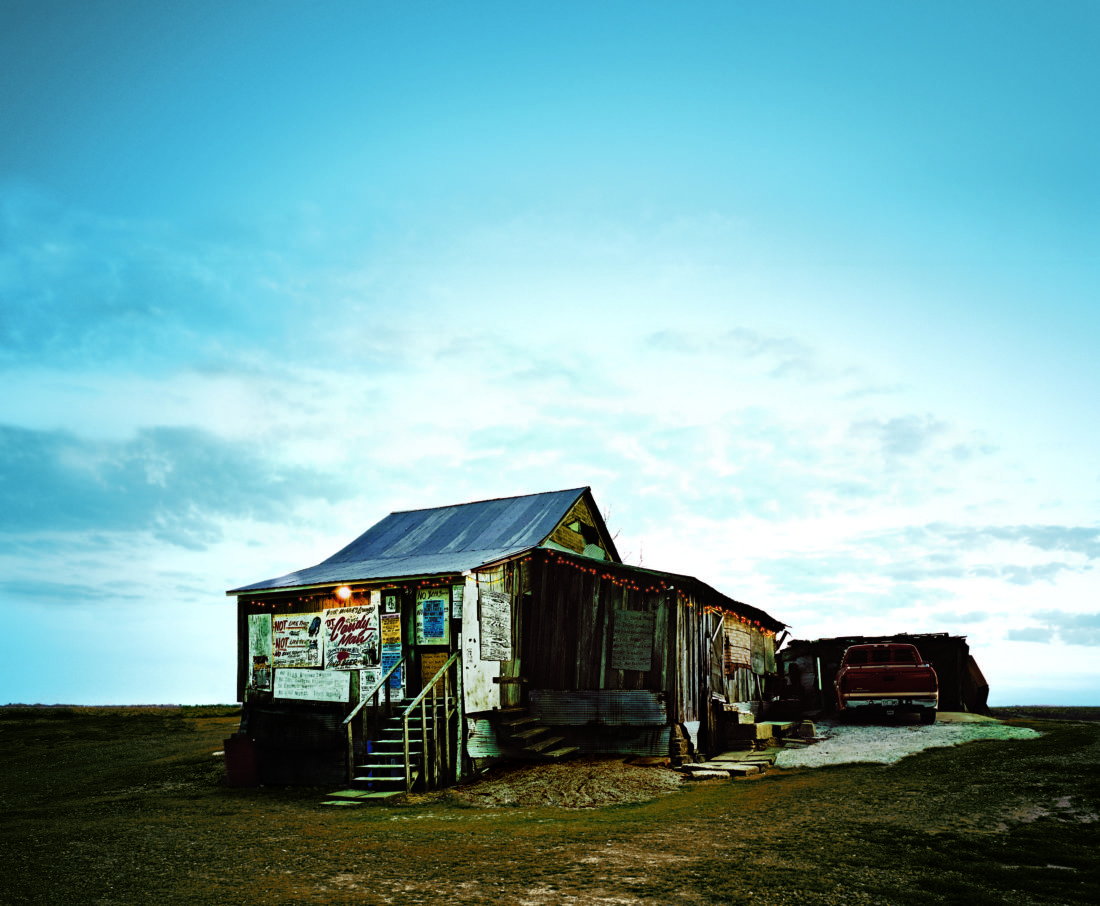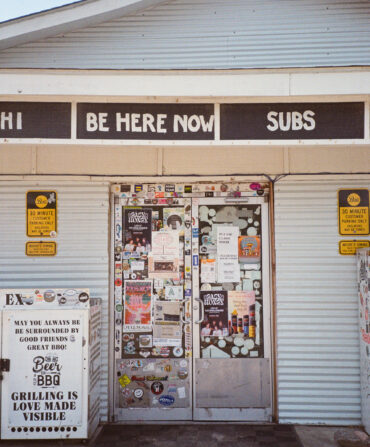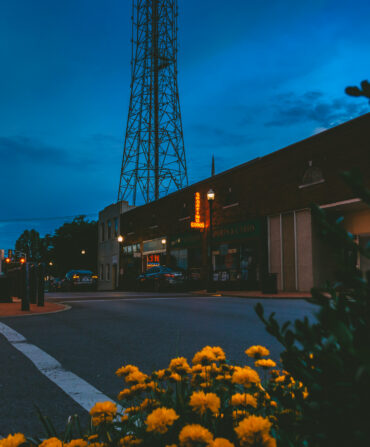Founded in 1963, Po’ Monkey’s Lounge was one of the last rural juke joints in the Mississippi Delta, wedged between a cotton field and a gravel road just over a mile west of Merigold, Mississippi. A cultural behemoth despite its humble appearance, it closed in 2016 following the death of its proprietor, Willie Seaberry (read our remembrance here), leaving its many fans to wonder what would become of it. “[Losing] Po’ Monkey’s has left a real hole in the Delta experience,” says Scott Barretta, a writer and researcher for the Mississippi Blues Trail. “It was a true blues discotheque—a scrappy joint people would go to on a Thursday night to listen to recorded music and dance. It was much more authentic than people realize.”
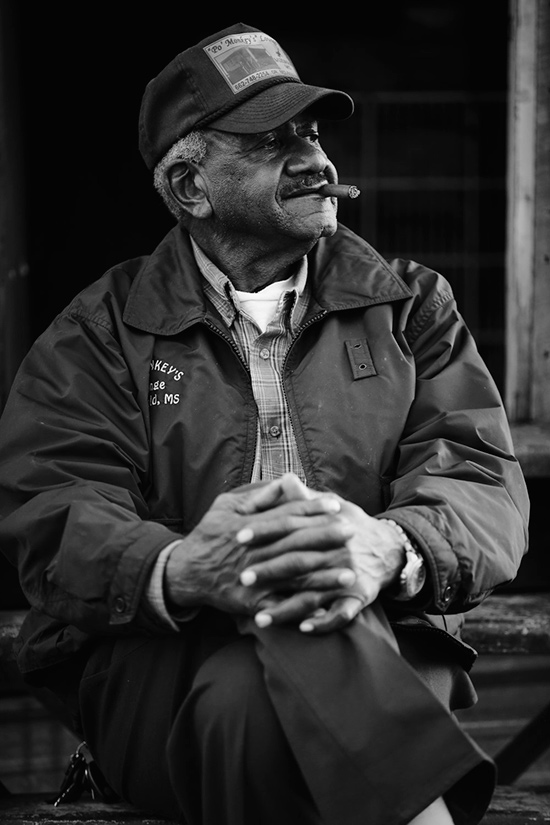
Photo: William Hereford
Willie “Po’ Monkey” Seaberry.
Now, two years after Seaberry’s death, Head Auctions & Realty announced the establishment’s contents—interior and exterior signs, stuffed animals that hung from the ceiling, booths, an old sound system, Mardi Gras beads—which are all part of Seaberry’s estate, will be up for auction, to be sold as one lot. Sealed bids will be accepted until September 27, and the top three bidders will be invited to an on-site live auction on October 1.
“I think everyone wants to see some type of preservation—nobody wants to see it drift away and be forgotten,” says Will Jacks, a Delta photographer who spent nearly a decade documenting Po’ Monkey’s story. “That being said, the value of most of the contents is in their context.”
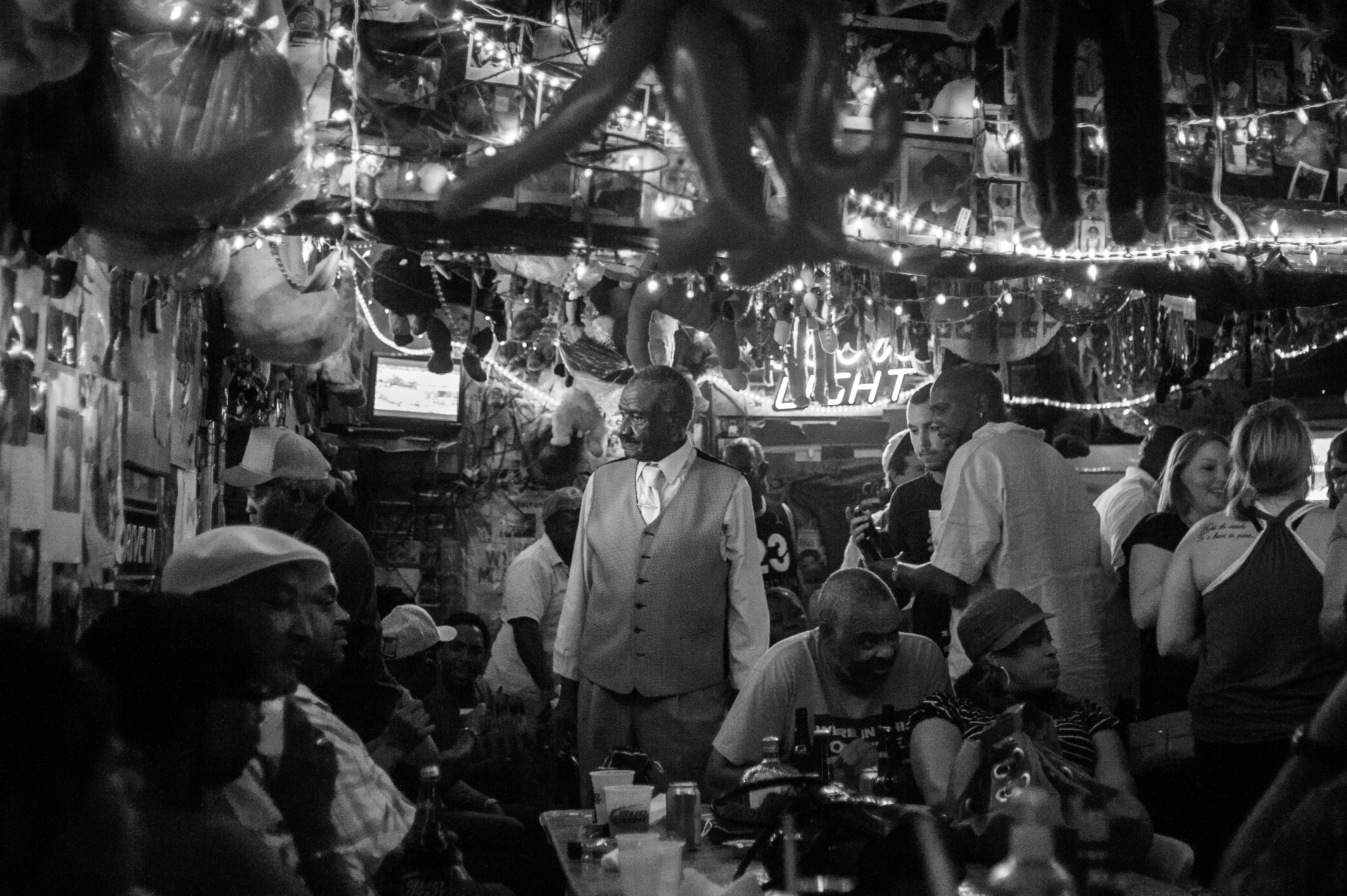
Photo: Will Jacks
Seaberry surveys patrons at Po’ Monkey’s in 2012.
Barretta agrees: “I hope a potential buyer would have some historic intent, but unless you’re trying to recreate the whole place, it’s hard to imagine,” he says. “Every Thursday there were hundreds of people there. Much of the appeal was Po’ Monkey himself. The whole experience was about being in that place with all that stuff.”
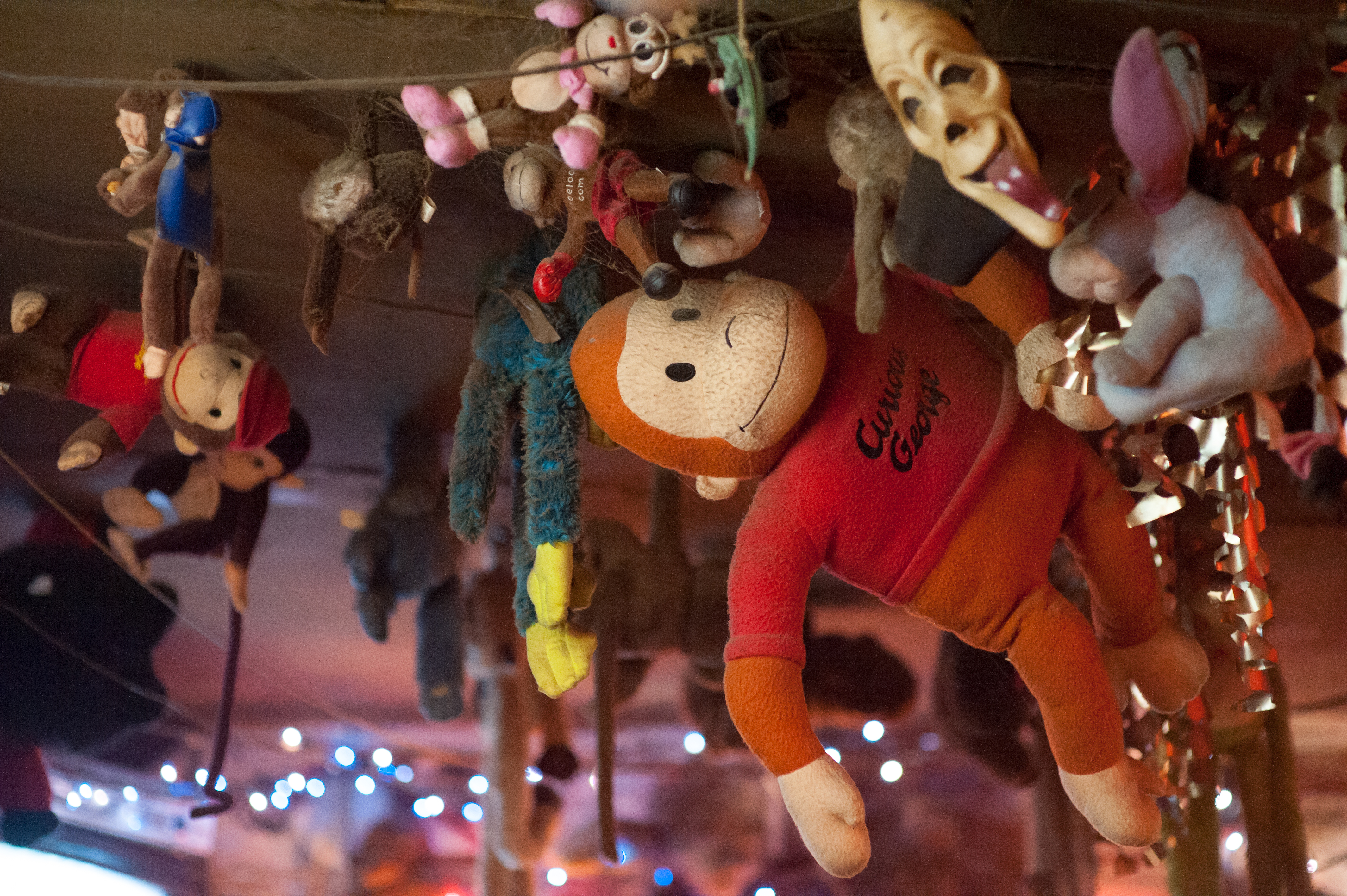
Photo: Will Jacks
Stuffed animal monkeys hang from the ceiling.
The fate of the building itself—a former sharecropper shack, which is owned by the family that farms the surrounding land—has yet to be decided, though many are hopeful it can somehow be preserved. “When you lose this place,” Jacks says, “you lose an important part of American history and how we got to where we are now.” Jacks says he’s gotten many calls over the last week from people asking for his opinion, wanting to hear Po’ Monkey’s story, and trying to brainstorm some possible ways to save the establishment. “There’s definitely a sense of urgency I have not seen with other historic places,” he says. “And that’s a good sign.”
Caroline Sanders Clements is the senior editor at Garden & Gun and oversees the magazine’s annual Made in the South Awards. Since joining G&G’s editorial team in 2017, the Athens, Georgia, native has written and edited stories about artists, architects, historians, musicians, tomato farmers, James Beard Award winners, and one mixed martial artist. She lives in North Charleston, South Carolina, with her husband, Sam, and dog, Bucket.


